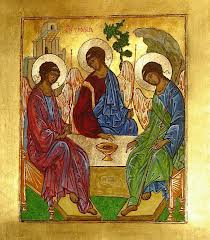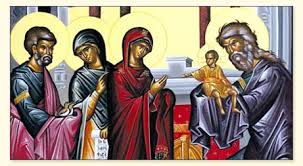
Blessed are the pure in heart, for they shall see God. (Matthew 5:8 NRSV).
Every leap year on February 29th, The Episcopal Church commemorates my favorite Monastic Saint after St. Benedict. St. John Cassian. The Spirituality of St. Benedict and The Rule, and much of the Spirituality of the Western Church came from St. John Cassian.
St. John Cassian spent a great deal of his time with the Desert Mothers and Fathers learning about how they searched for holiness by withdrawing from worldly distractions. St. John Cassian integrated their wisdom as to be lived out in community. Benedictine Spirituality borrows from Cassian. The Benedictine model of community is best understood as “Growing into who we are through our relationships with others” (Benedictine Values at St. John’s University in Collegeville, MN).
We are now deep into Lent. We are turning the corner between Ash Wednesday towards Holy Week and Easter Day. We are continuing to fast and in acts of self-denial as we approach the Easter Triduum. It is so easy for all of us to forget why we are doing what Christians do during Lent.
In the first of The Conferences, Chapter VII, How Peace Ought to Be Sought, Abbot Moses tells us that if we are fasting, praying vigils, prayerfully reading Scripture and praying without purity of heart being our goal; then we will not find peace we. If we are doing all of those things and not caring about our neighbor, then all the things we do will bring us no fulfillment. Purity of heart is nothing more than seeking the other for the sake of the other and not wanting anything else in return.
Thomas Merton wrote “The beginning of love is to let those we love be perfectly themselves and not to twist them to fit our own image.”
How is God calling you to purity of heart?
Amen.
Br. Anselm Philip King-Lowe, n/OSB








